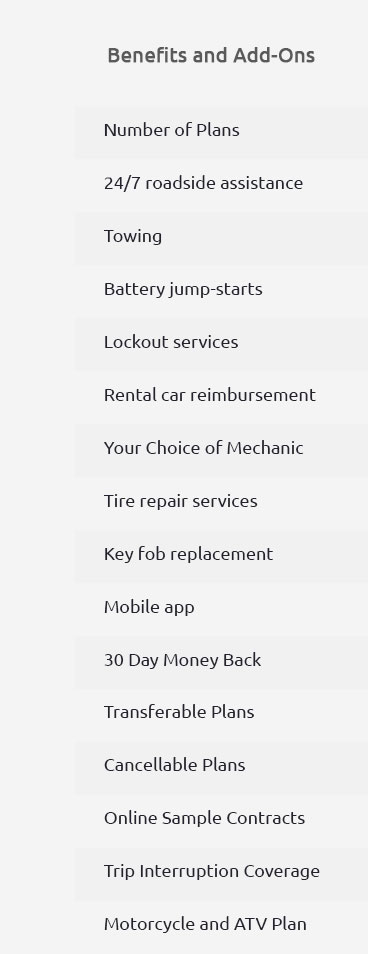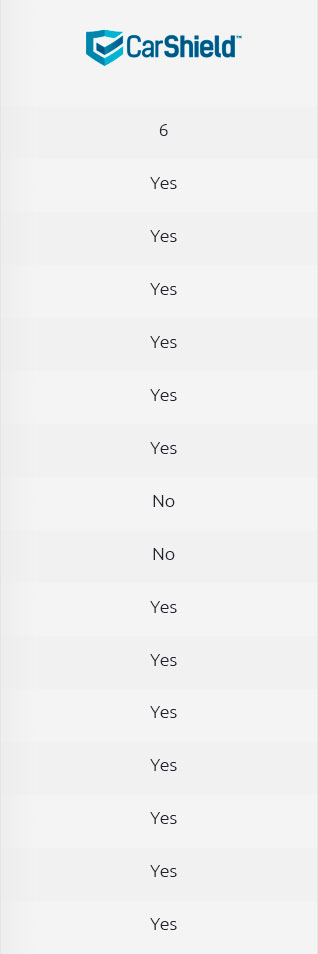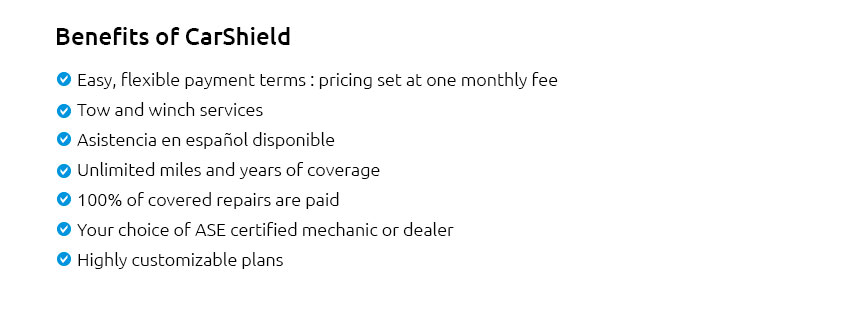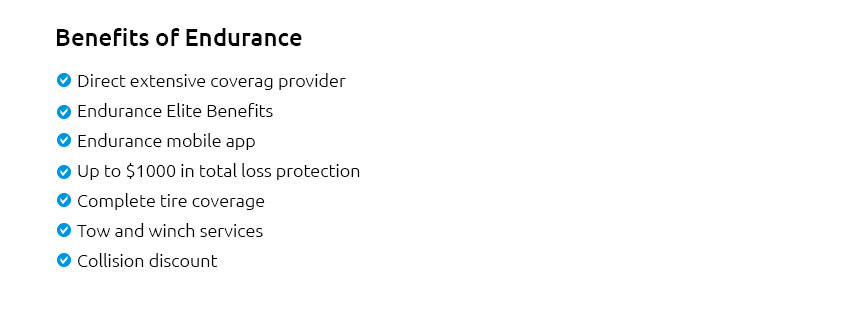 |
 |
 |
 |
 |
|||
 |
|||
 |
 |
 |
|
 |
|||
 |
|
 |
|
 |
|
 |
|
 |
|
 |
|
 |
|
 |
|

Express Auto Gap Coverage: A Comprehensive Coverage GuideWhen purchasing a vehicle, understanding the intricacies of different coverage options can save you both stress and money. For U.S. consumers, express auto gap coverage is a term you might encounter, offering a safeguard against unexpected financial burdens. Understanding Express Auto Gap CoverageGap coverage is designed to cover the difference between your car's actual cash value and the balance you owe on your auto loan in case your vehicle is totaled or stolen. This can be a lifesaver for those still paying off their car loans. Why You Need Gap Coverage
What Does Express Auto Gap Coverage Include?Typically, gap coverage will include:
For more details on what a standard policy might cover, check out basic auto coverage options. Exploring Costs and BenefitsExpress auto gap coverage is often affordable, especially when compared to the potential costs of covering a totaled vehicle's balance. Costs can vary, but investing in this coverage ensures you're not left with a hefty bill. Local Examples and ConsiderationsIn areas like California, where vehicle theft rates are higher, gap coverage can be especially beneficial. Similarly, for cities with high traffic and accident rates, such as New York, this coverage provides added security. For those driving vehicles with higher depreciation rates, like certain jeep warranty service, gap coverage could be a wise investment. Frequently Asked QuestionsWhat is the primary benefit of gap coverage?The primary benefit is financial protection against the difference between your car's depreciated value and the amount you owe on your loan, ensuring you're not out-of-pocket in the event of a total loss. Is gap coverage mandatory?No, gap coverage is not mandatory but is highly recommended, especially for those with significant loan balances or vehicles that depreciate quickly. How is gap coverage different from an extended warranty?While gap coverage protects against financial shortfalls on loan balances, an extended warranty covers repairs and maintenance issues beyond the manufacturer's warranty period. In conclusion, express auto gap coverage offers a safety net for car owners, providing peace of mind and financial security. By understanding its benefits and what's covered, you can make an informed decision that best suits your financial needs. https://www.expressprotection.com/Asset-Protection/GAP.html
If the unexpected happens and their vehicle is stolen or declared a total loss, they could be in for a shock. The outstanding loan balance may be more than the ... http://www.portfolioreinsurance.com/wp-content/uploads/2016/03/Express-Autogap-0215.pdf
In the event that your vehicle is declared a total loss as a result of an accident or the theft of your vehicle, your insurance company pays the actual cash ... https://iaawg.com/docs/default-source/gl-companies-forms/gap/claim-forms/portfolio_autogap_claims_procedures.pdf?sfvrsn=288daa94_2
All GAP claim documents that are supplied from the policy holder's dealer, lienholder, or primary insurance company should be submitted by one party to ...
|